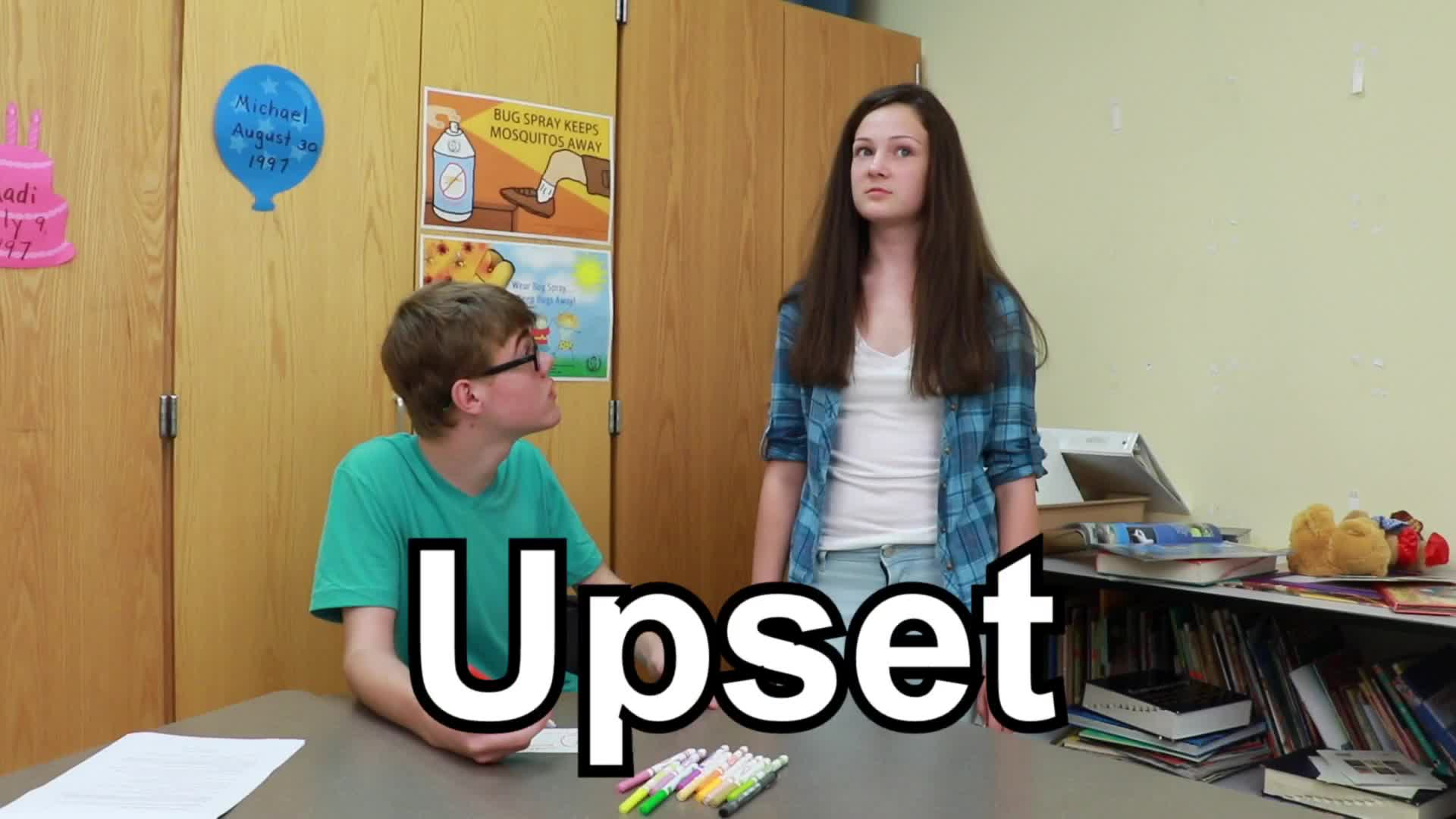
Introduction
Special education plays a crucial role in helping students overcome challenges and achieve their full potential. One essential aspect of special education is the development of target skills, which serve as the foundation for students’ learning, social interactions, and overall wellbeing.
Understanding Perspective Taking
Perspective taking is the ability to understand and appreciate another person’s thoughts, feelings, and point of view. This target skill is vital in fostering empathy, effective communication, and conflict resolution among middle school students. Developing perspective taking skills can significantly improve students’ social interactions and emotional wellbeing.
The Role of Specialists
Different specialists can support the development of perspective taking skills in students:
- Speech-Language Pathologists: They can help students improve their communication skills and understand the nuances of verbal and non-verbal cues.
- Social Workers: They can provide guidance on managing emotions and developing healthy relationships with peers and adults.
- Psychologists: They can offer insight into the cognitive processes behind perspective taking and help students develop strategies for better understanding others.
- School Counselors: They can facilitate group activities and discussions that promote empathy and perspective taking among students.
IEP Goals for Perspective Taking
Here are some specific SMART IEP goals for improving perspective taking skills in middle school students:
Goal 1: Active Listening
By the end of the school year, the student will demonstrate active listening skills in 4 out of 5 conversations with peers and adults, as measured by teacher observation and feedback.
- Strategy: Encourage students to practice active listening techniques, such as maintaining eye contact, nodding when appropriate, and asking clarifying questions.
- Activity: Role-play scenarios where students practice active listening skills in various situations.
Goal 2: Empathy Development
By the end of the school year, the student will show empathy in 80% of interactions with peers, as measured by teacher observation and feedback.
- Strategy: Teach students how to identify and understand the emotions of others through facial expressions, body language, and tone of voice.
- Activity: Use interactive activities, such as emotion charades, to help students practice recognizing and responding to others’ emotions.
Implementing and Measuring Progress
Implementing these IEP goals requires consistent support and collaboration among educators, specialists, and students. Regular progress monitoring through observations, assessments, and feedback is essential to ensure students are developing the target skill effectively. Make adjustments to strategies and activities as needed based on individual student needs and progress.
Conclusion
Developing effective IEP goals based on target skills, such as perspective taking, is crucial for middle school students’ success in special education. By working together with specialists and implementing these goals, educators can significantly enhance students’ social interactions and emotional wellbeing. We invite readers to explore more resources and sample materials at Everyday Speech Sample Materials for further support in creating impactful IEP goals.





